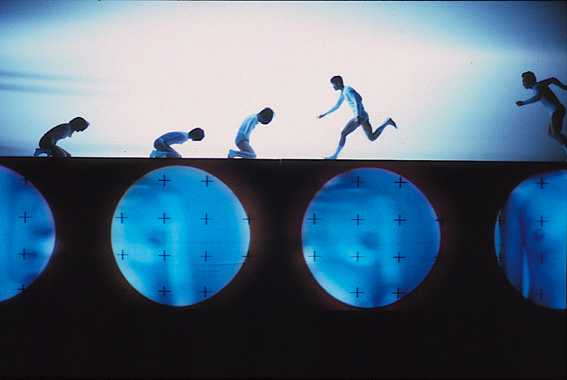
Dramaturgy, according to Greek etymology, (drama = action, ergon = work) concerns the “work” of actions or the “organization” of materials. In what ways are dramaturgical practices - ‘the work of actions’ - being applied beyond play scripts and dramatic literature to other cultural settings and performances, disciplines and spaces? In this hybrid seminar-studio course we will examine how the role of the dramaturg has expanded to inhabit other creative, performative, virtual, material, spatial, design and social practices.
Scholars and artists working within and towards “expanded dramaturgical practices” (Eckersall, 2006) such as Cathy Turner and Synne Behrndt (2008) provide a genealogy of the role of the dramaturge and critical insights into the shifting nature of ‘dramaturgical’ practice as one of perspective and method, as cultural assemblage, of placing emphasis and connections between settings, people, bodies, materials, texts, histories, and architectures. (Pearson and Shanks, 2001)
Course and Learning Objectives
The overarching objective of this advanced undergraduate course is to introduce students to the central ideas and contemporary discourse that are shaping the role of the dramaturge, as well as to the different and broad contemporary perspectives on dramaturgy as a discipline, as a critical concept, and as an applied/ practical process. The specific learning objectives of the course are to:
· introduce you to key concepts (and theories), terms, and theatrical/ performance practices for developing an intermedial dramaturgical practice;
· to challenge your preconceptions of dramaturgy/ the role of a dramaturg, and of your own future agency within the practice;
· to workshop and experiment with intermedial methods for composing performance works;
· to explore the dramaturgy of using technology in performance, and more broadly expanding our notions of what dramaturgy is towards what it does, as a form of cultural practice and/or intervention;
· to encourage experimentation and practice-based learning (the application of theory/research into practice).
Our key theme and action throughout this course will be to expand the notion of dramaturgy to intermedial performance creation, and broadly explore the question of how dramaturgy can be applied beyond play scripts and dramatic literature to other cultural settings and performances, disciplines and spaces. How might we think about and practice dramaturgy with a view to transforming perceptions about place, culture, representation, and identity?
- Teacher: SHAUNA JANSSEN